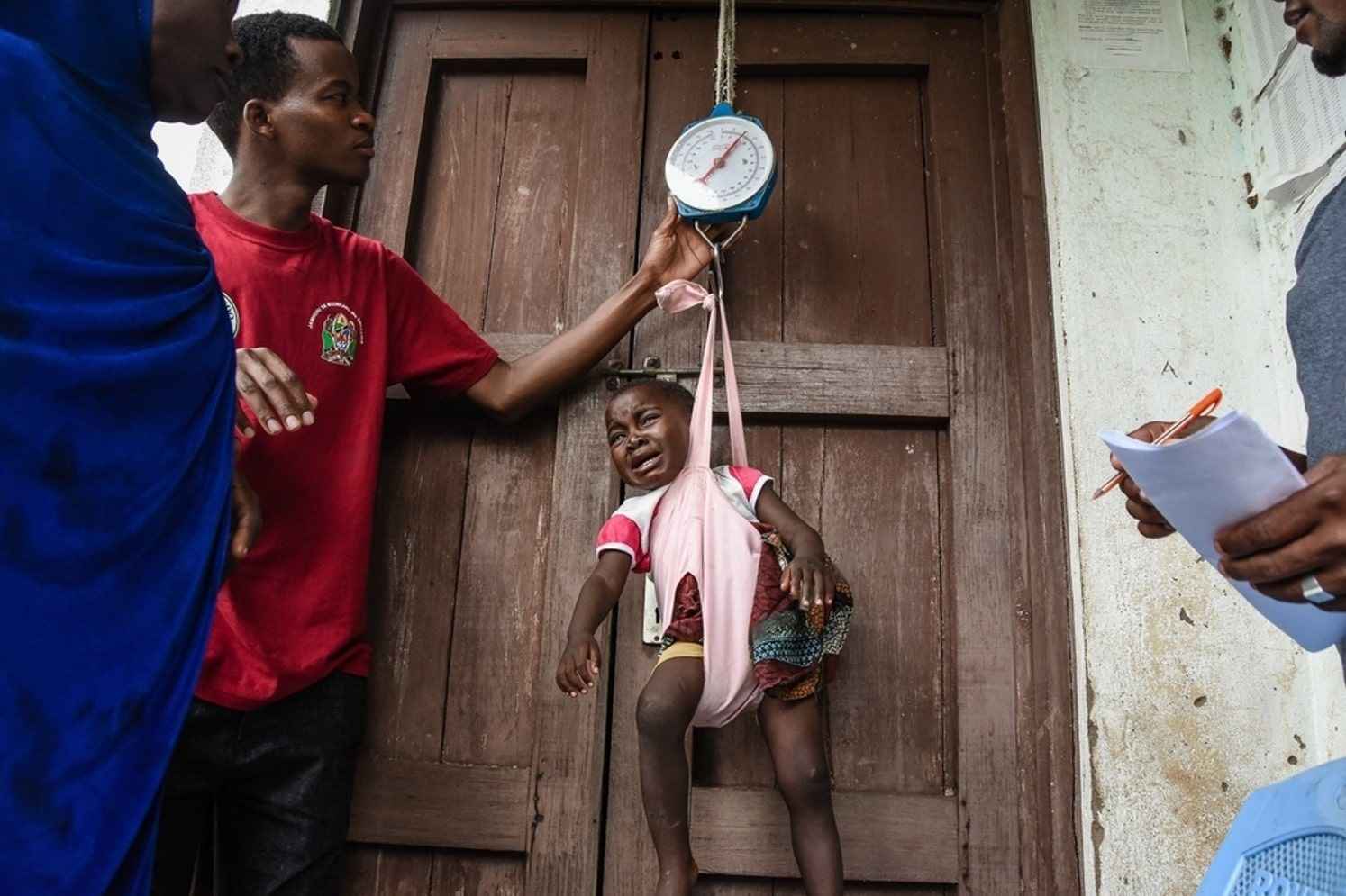





Petronille Health Society (PHS) is dedicated to the process of rebuilding Africa's food system and promoting the health of its people and natural resources. As part of this commitment, PHS has actively engaged in the Feed the Future program, which is an initiative of the United States government to reduce global poverty and hunger by investing in agricultural development and food security.
Through this program, PHS is working to address the challenges of increasing food production, conserving natural capital, and reducing the climate footprint for a sustainable solution.
To achieve these goals, PHS is taking a comprehensive approach that includes reimagining how food is produced by supporting integrated land use strategies that balance a healthy ecosystem and food, creating innovative new farming practices that are focused on sustainable agriculture and social aspects to create a fair and sustainable food system, and supporting smallholder products and techniques that improve their nutrition, livelihoods, and profits.
PHS is also working to remove big challenges in the food value chain, including low agriculture yield, over-independence on staple crops, and poor food storage methods that lead to food wastage. By ensuring that smallholders are given timely and fair payments and decreasing post-harvest losses, PHS is working towards a more sustainable and equitable food system in Africa.
Supporting integrated land use strategies: PHS recognizes nature's essential services and strives to protect and strengthen them through appropriate land usage. This involves promoting integrated land-use strategies that balance a healthy ecosystem and food, ensuring that the land is used sustainably to meet people's and the environment's needs.
Creating innovative and sustainable farming practices: PHS is working to develop innovative and sustainable farming practices focused on sustainable agriculture, taking into account the social aspects to create a fair and sustainable food system. This includes exploring alternative methods of farming that can increase yields while reducing the environmental impact.
Supporting smallholder products: Smallholder households often struggle to produce enough food to meet their family's nutritional needs due to a lack of resources. PHS is working to support smallholder products and encourage practices that help to improve their nutrition, livelihoods, and profits. This includes providing training and resources to help smallholders produce high-quality products that meet the market's demands.
Removing big challenges in the food value chain: There are many challenges in the food value chain that can lead to food wastage, low yields, and poor quality products. PHS is working to remove these big challenges, including low agricultural yield, over-dependence on staple crops, and poor food storage methods. By addressing these issues, PHS aims to increase food production and reduce waste.
Ensuring timely and fair payments: To support smallholders and encourage sustainable practices, PHS is committed to ensuring that they receive timely and appropriate payments for their products. This can help to reduce poverty and improve livelihoods, leading to a more sustainable and equitable food system in Africa. Additionally, PHS is working to decrease post-harvest losses by promoting proper storage and transportation methods.
Through these initiatives, we aim to rebuild the region's food system and promote the health and well-being of its people and natural resources for a more sustainable future.
Related Programs